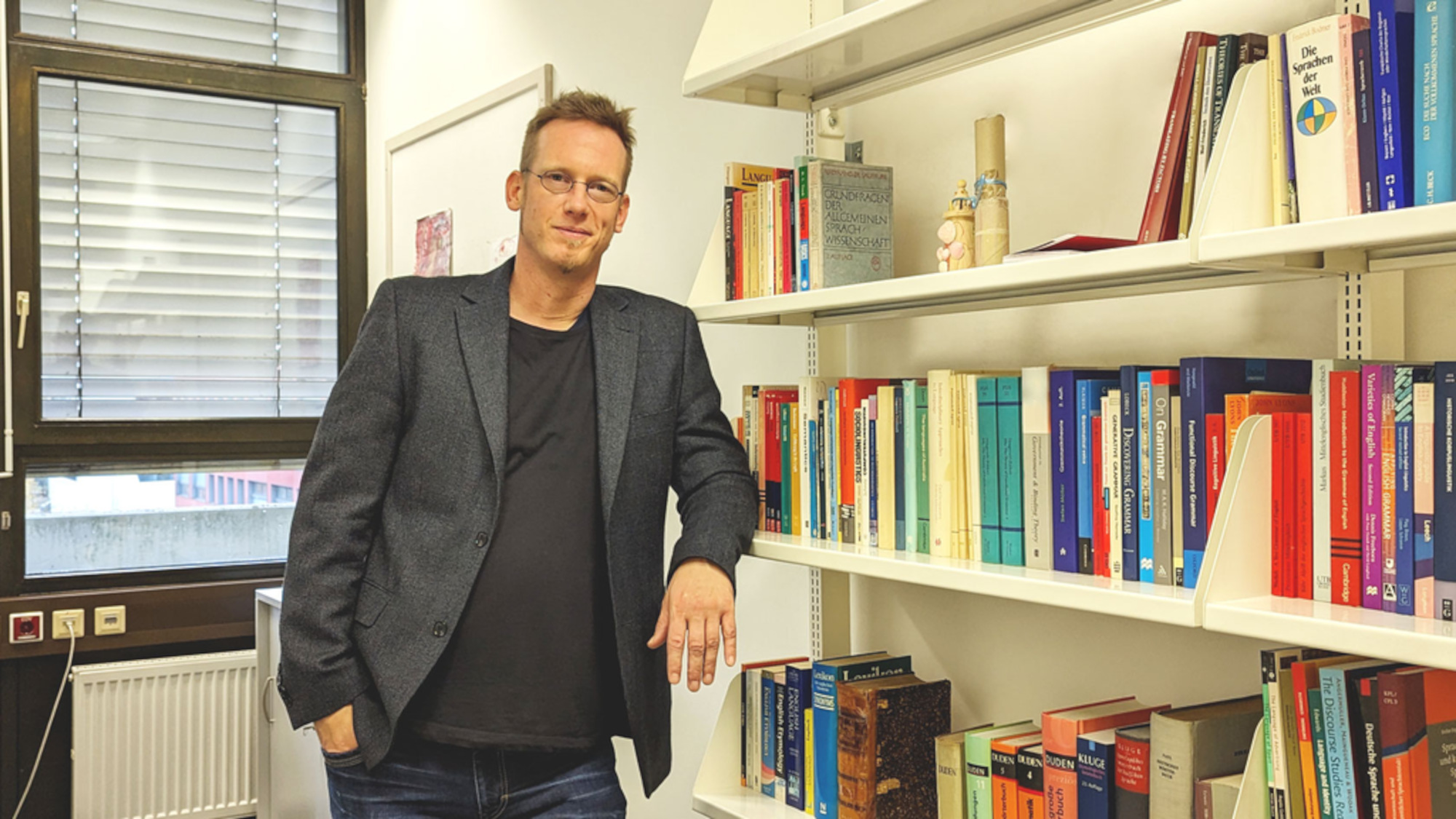
© Lena Wenke / Universität Bremen
“Bremer Schnack:” Do You Speak the Bremen Dialect Yet?
An encounter with the Bremen vernacular from a linguistic perspective.
Shall we walk around the custard, “up’n Swutsch,” or go coffee-ing? Have you just moved to Bremen and don’t understand a word of it? Don’t worry, it’s the same for many people new to Bremen. up2date. asked the linguist and Bremen native Dr. phil. Andreas Jäger what the Bremen dialect means to him.
You will most likely encounter the following terms in your day-to-day life in Bremen:
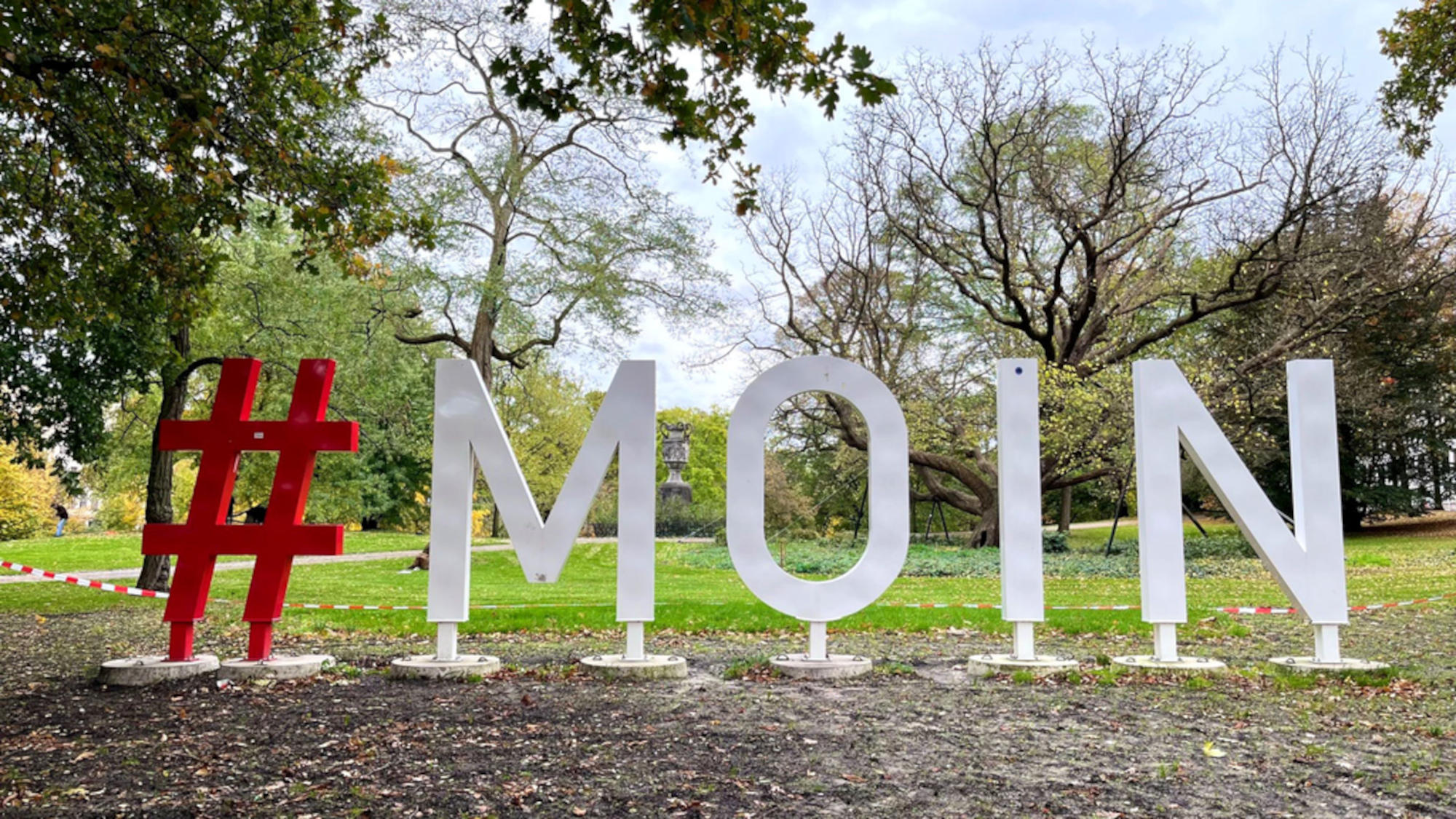
© Lena Wenke / Universität Bremen

© Adobe Stock / zinkevych
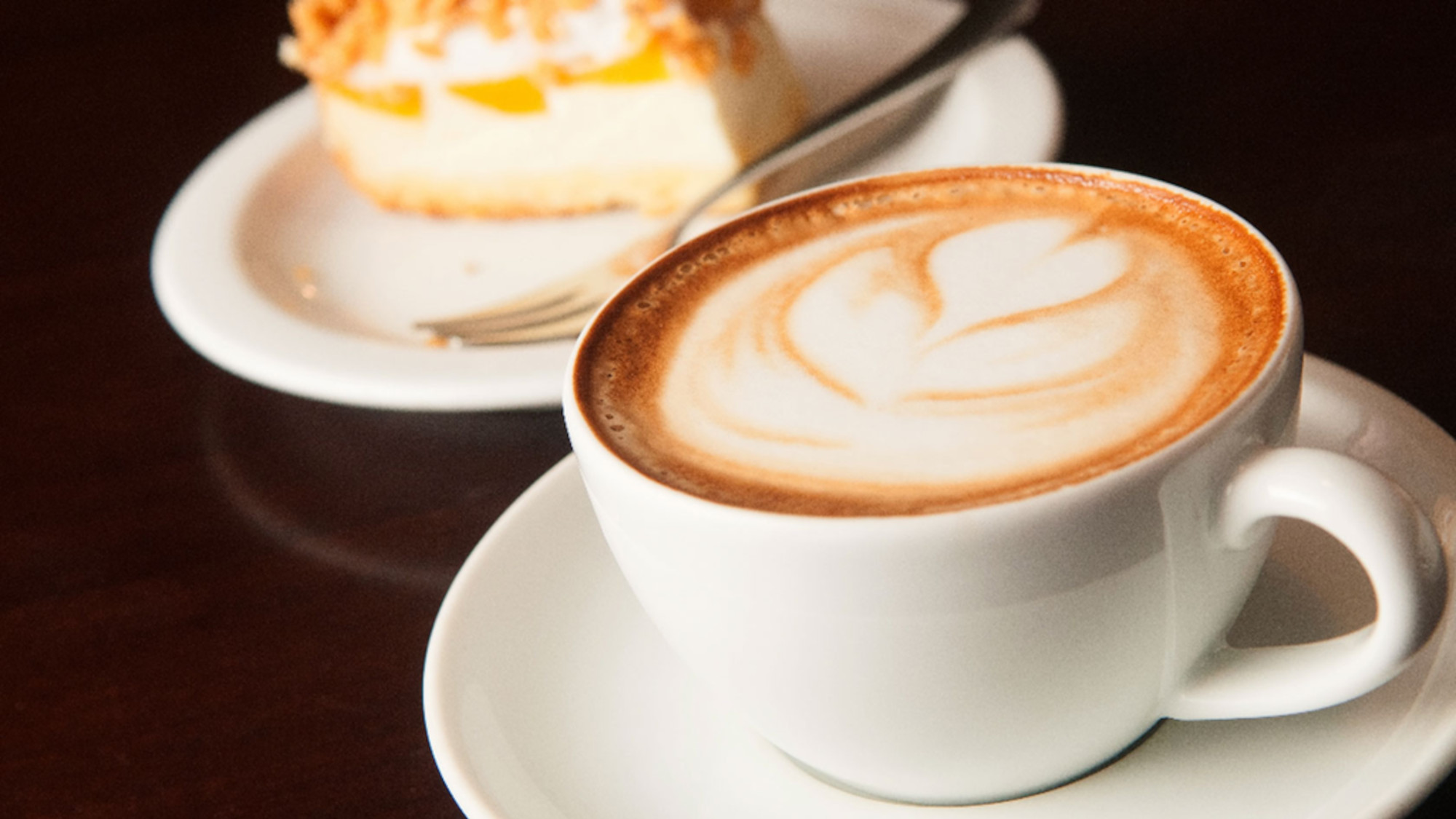
© Adobe Stock / Vitaliy Hrabar

© Adobe Stock / ytemha34
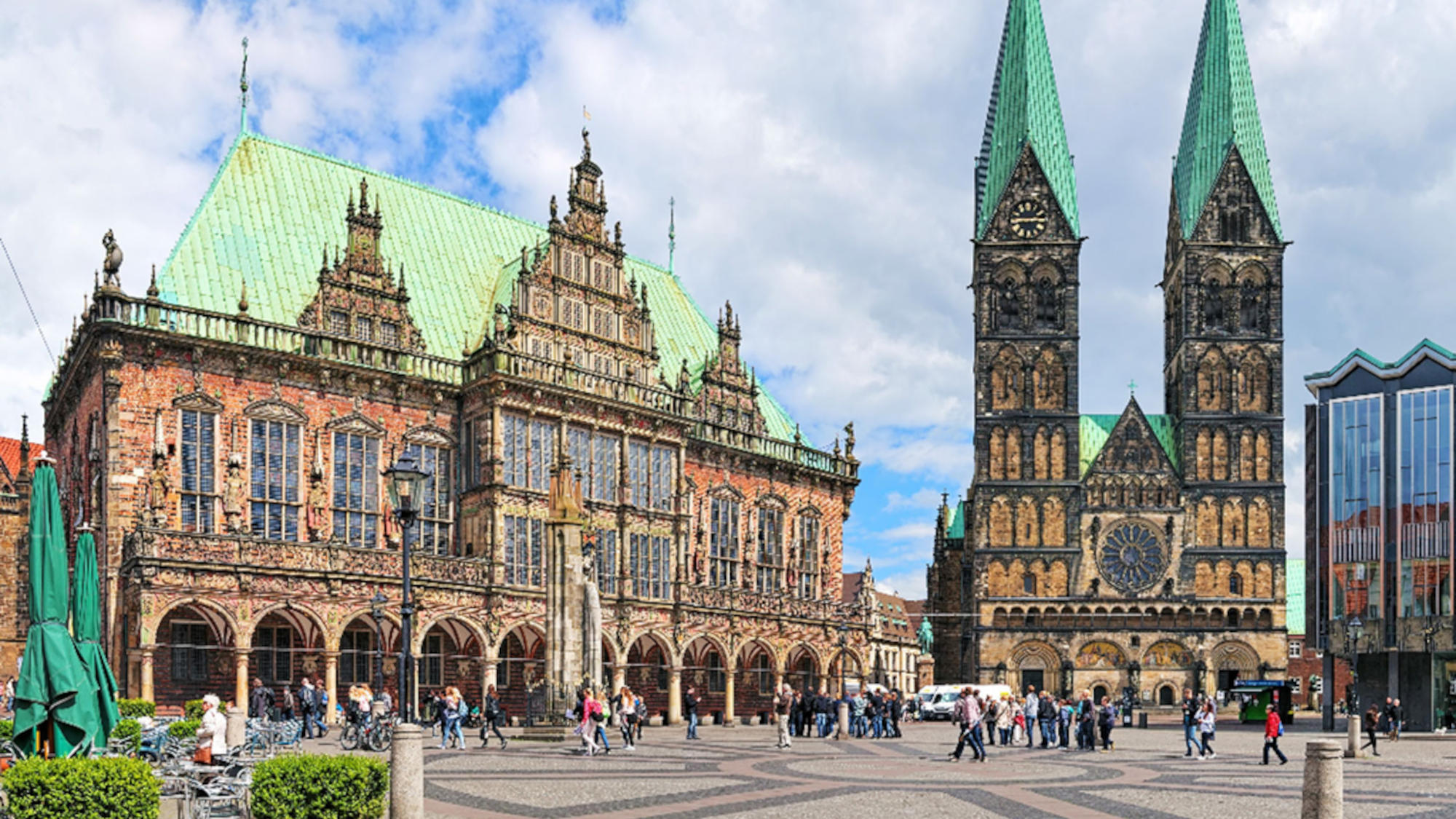
© Adobe Stock / Mikhail Markovskiy
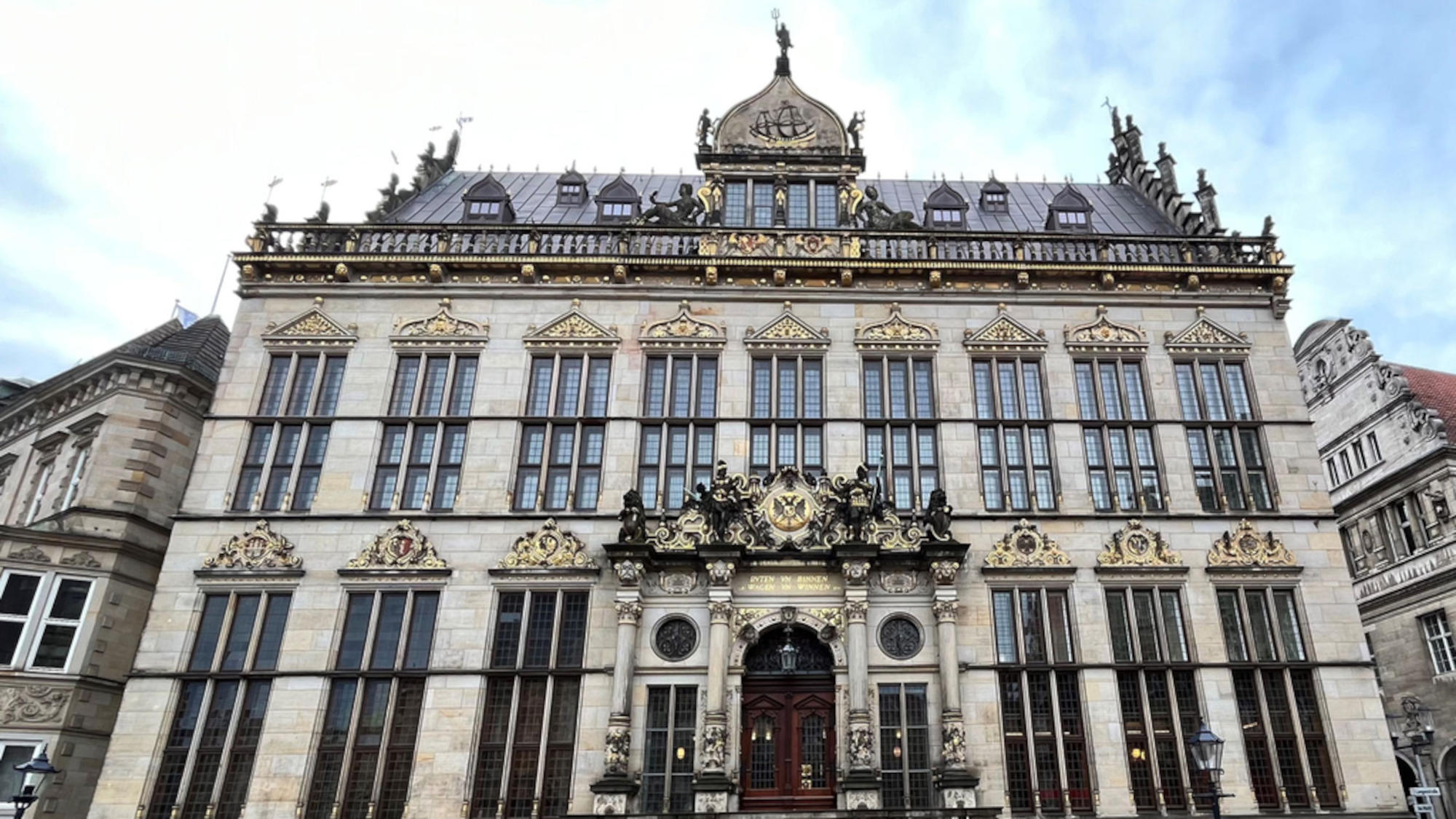
Butenbremer – former Bremen resident
© Lena Wenke / Universität Bremen

© Adobe Stock / Prostock-Studio
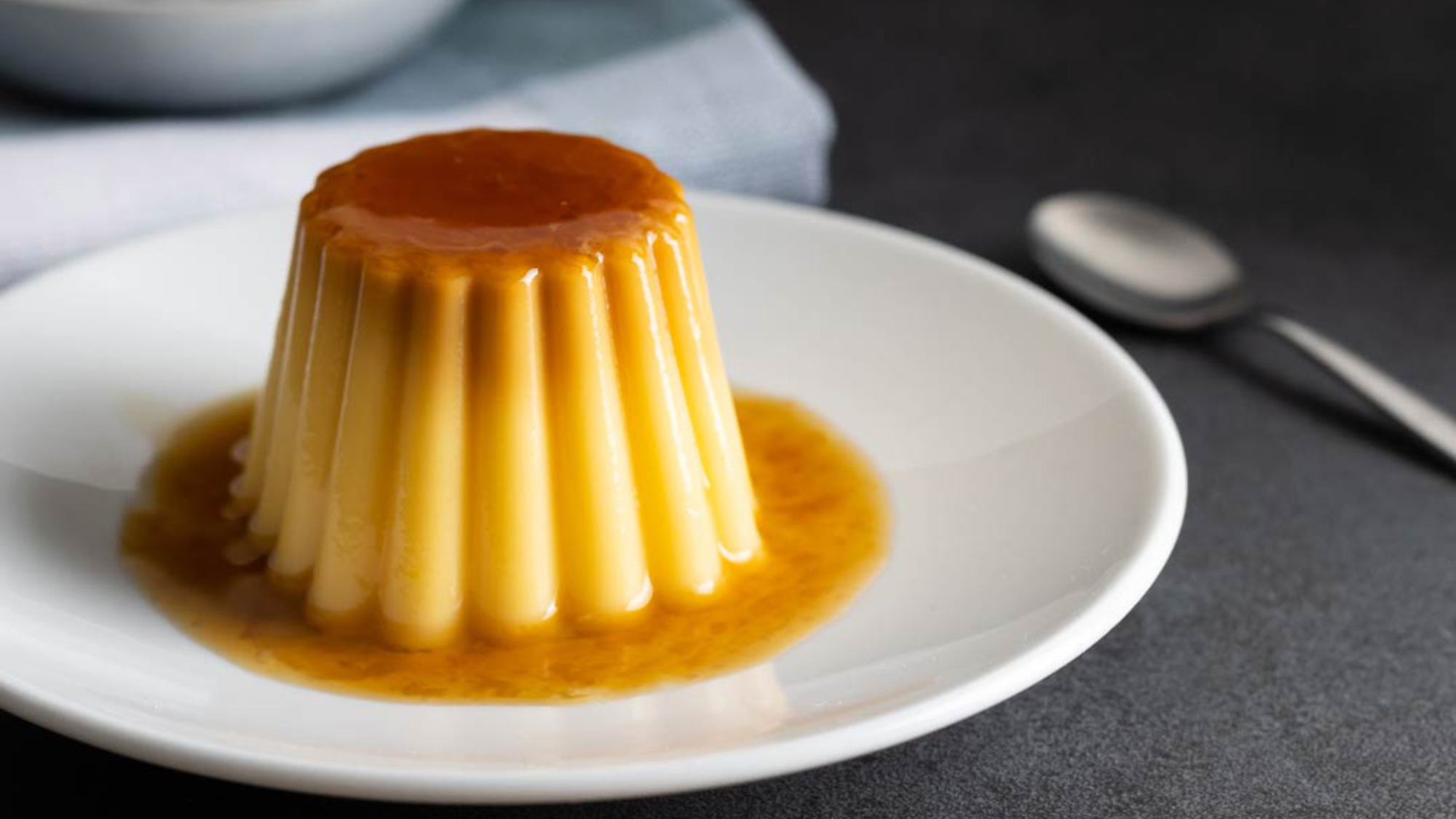
© Adobe Stock / Peter
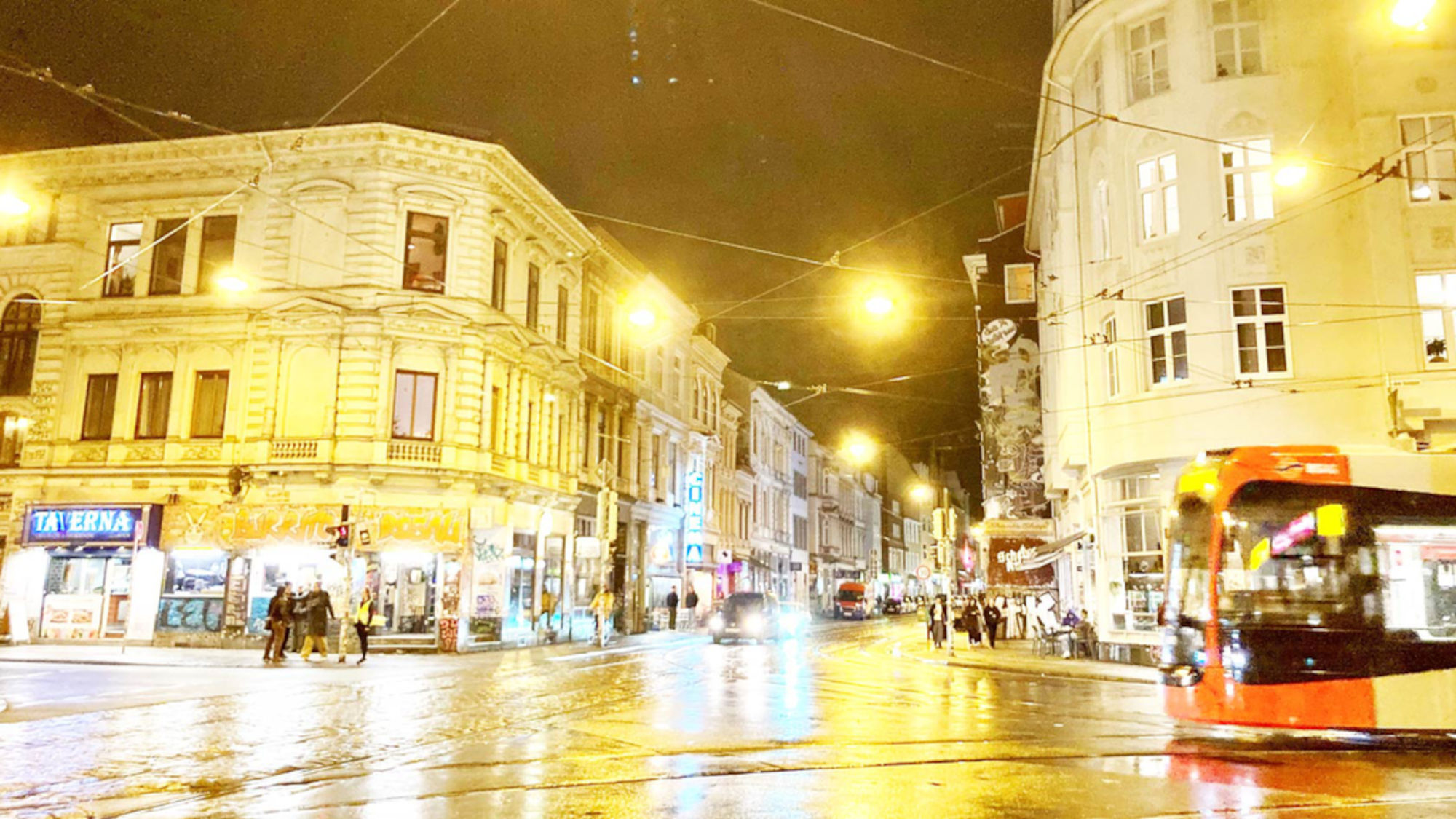
© Lena Wenke / Universität Bremen

© Adobe Stock / vasanty

© Adobe Stock / Yakobchuk Olena

© Adobe Stock / lufeethebear

© Adobe Stock / Ermolaev Alexandr

© Adobe Stock / Pixelot
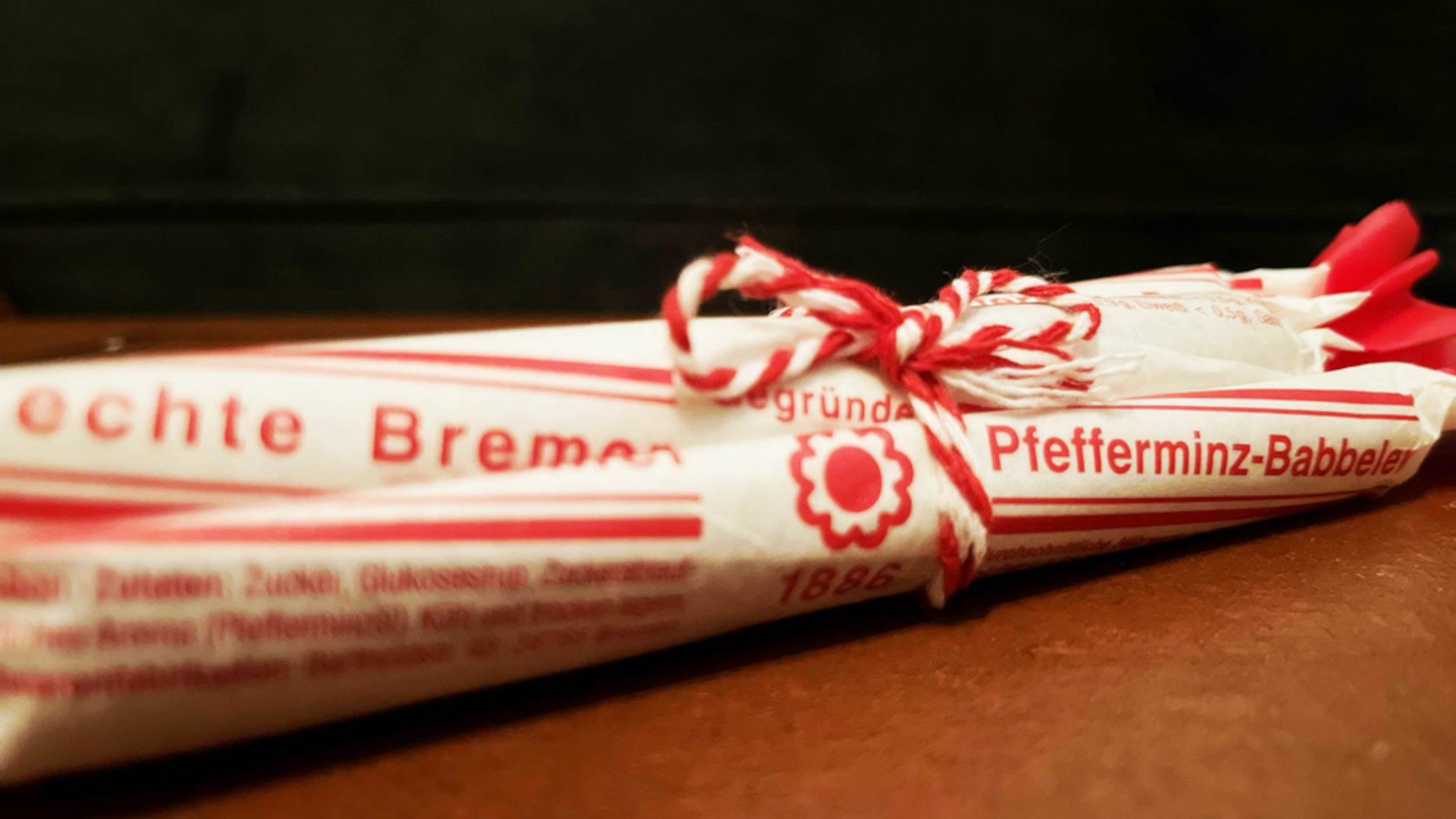
© Lena Wenke / Universität Bremen
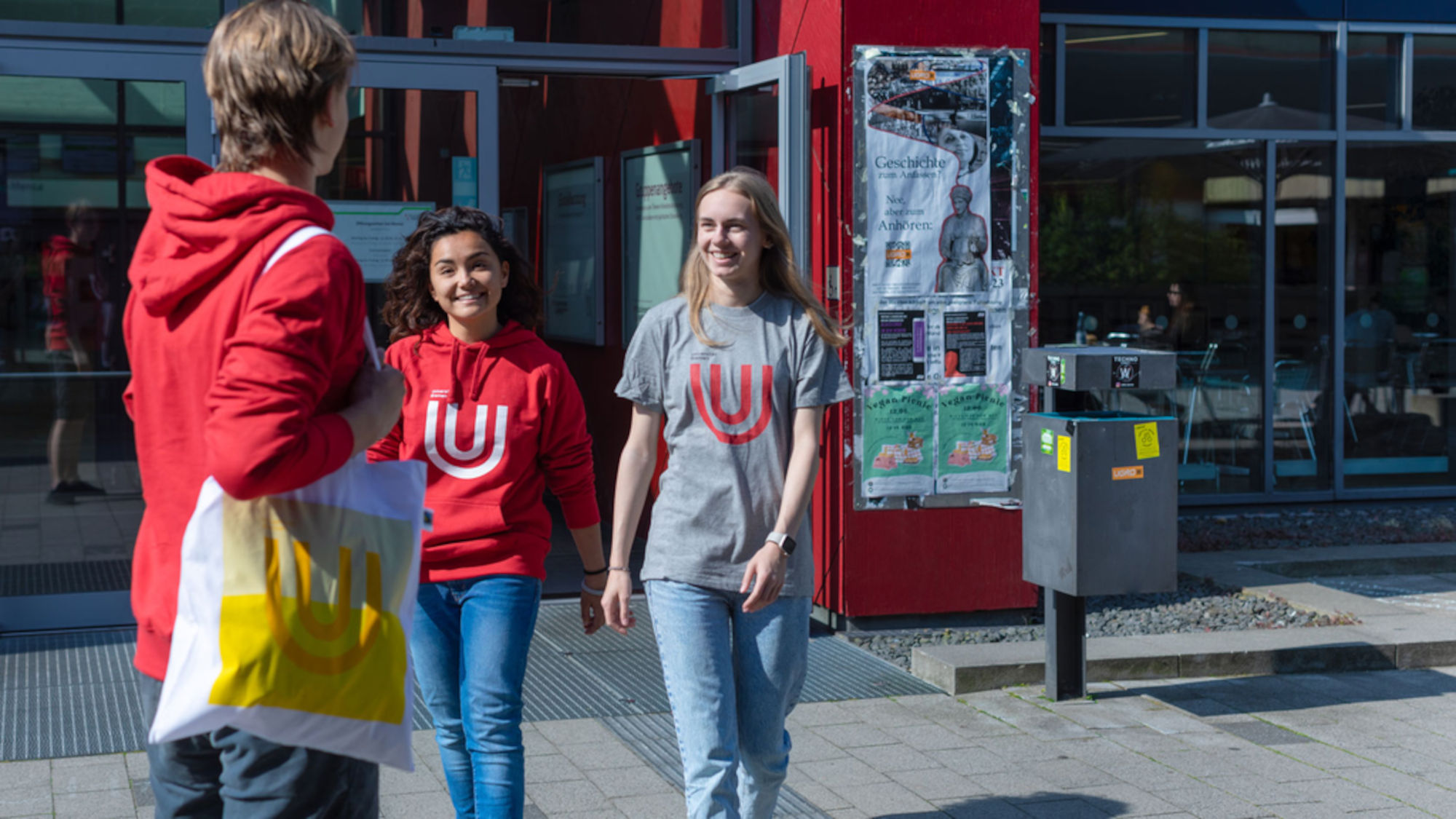
© Matej Meza / Universität Bremen

© Lena Wenke / Universität Bremen

© Adobe Stock / Catalin Pop

© Adobe Stock / fizkes
Mr. Jäger, do you consider such terms and phrases to be typical for Bremer Schnack (Bremen vernacular)?
From a linguistic perspective, this would be a little too simple. These are terms you are likely to encounter in dictionaries such as “Sprechen Sie Bremisch?” (Do you speak the Bremen Dialect?) or similar literature. But this fact alone does not say anything about how often the terms are actually used. I grew up in Bremen and I know the phrases and terms above, but I find it difficult to label them as unique to Bremen. I would say they originate in the North German regiolect, that means the way of speaking that would be recognized everywhere as distinctly North German dialect. At least, you cannot exclusively assign the terms to the Bremen urban area only.
Can you tell us more about the North German regiolect?
It originated from the fact that the North German Plain was originally an area with a lot of variation within the Low German dialect. Until the 16th century, only Low German was spoken here, and even the written language and all matters of public life were regulated in Low German as a matter of course. Due to power relations, High German then entered the region and a mixture of languages took place, referred to as “Missingsch.” Nowadays, by the way, the vast majority of people in Northern Germany speak a variety of Standard German, which has established itself because official people with charisma spoke it and it was associated with prestige. The fact that High German established itself more quickly in the cities can be explained by the circumstance that more people with influence lived there than in the countryside. In addition, cities have always been melting pots. This is still true today and explains why Low German is spoken almost exclusively by people who live in the countryside.
How can I tell where someone comes from based on the differences within their regiolect?
You can trigger this via self-reflection when you notice that people speak differently – perhaps not fundamentally differently, just slightly. If you come from Southern Germany, for example, you probably wouldn’t hear the linguistic differences between people from Hamburg and Bremen. But anyone local to the region can hear the subtle differences. It’s a matter of proximity. The closer you are, the more you will notice varieties; it’s a listening habit. We often detect differences through phonetic markers that recur frequently. In Bremen and west of it, if you go you somewhere, you go “rübo,” (the last sound is more like the “o” in pot or north) in Hamburg, it sounds like “rüba,” (like in “at”), but the latter is also said in Rostock or Kiel. Thus, dialect boundaries are never determined by city or geographical boundaries. Nevertheless, for the sake of simplicity, conspicuous features, such as those in the phonetic area, are often associated with the largest city in the area. This gives rise to notions of a city-specific language, such as Bremer Schnack.
“My personal definition of Bremer Schnack would be: The set of all expressions where the greatest or an exclusive understanding is guaranteed within Bremen only.”
How would you characterize the Bremen vernacular from a linguistic perspective?
I have noticed that many people who do not deal intensively with language are usually not aware of the importance language has and how much identity it creates. Many people have a definite opinion about “right or wrong language” based on something they have picked up somewhere. But who defines this? Language is not a codified standard and therefore there can be no “wrong” or “right” version. On the other hand, there are many linguistic terms that people have associations with, but that no one can actually define. I think it’s the same in terms of the Bremen dialect. My personal definition of Bremer Schnack would be: The set of all expressions where the greatest or an exclusive understanding is guaranteed within Bremen only.
That is very abstract. What exactly does that mean and can you give examples of terms and phrases included in this definition?
I am talking about terms and phrases that you can usually only understand if you come from Bremen. There are only a few altogether. I would include, for example, everything involving urban traditions that have become verbalized. One example is the phrase “Ischa Freimaak” (After all, it’s Freimarkt!), which refers to an Bremen institution: the Freimarkt funfair. The word amalgamation “ischa” instead of “ist ja” (after all, it is), however, can also be found around Bremen. If you are new to Bremen, you will probably have problems understanding some local expressions referring to things and places in the city that you are not familiar with at the beginning. It can be difficult, for example, if someone wants to meet you at the “Parrot House” (the high-rise building near the central station with the colorful window frames) or at the “upside-down chest of drawers” (the old water reservoir on the Stadtwerder). City-specific terms also include culinary specialties, such as Bremer Knipp (sausage), Bremer Klaben (fruit bread), Schnoor Kuller (filled nut meringues), or Bremer Babbeler (candy stick with herbs). However, Knipp also exists in the area surrounding Bremen.